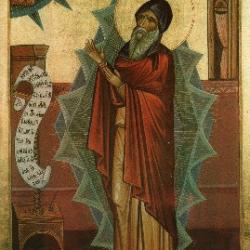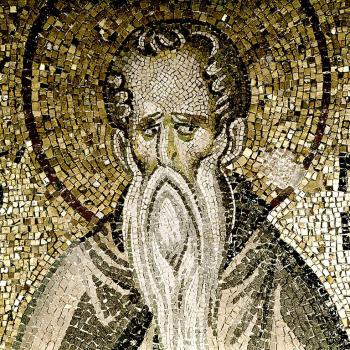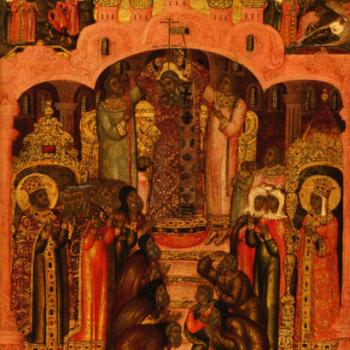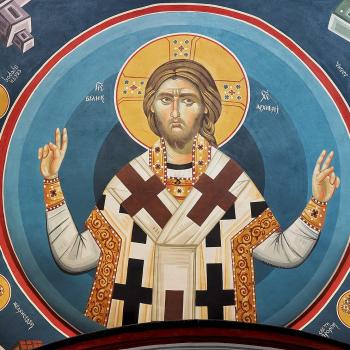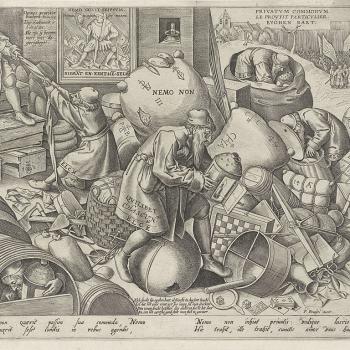What is given out of love is greater, more invaluable, than what is given in spite. “Better is a dinner of herbs where love is than a fatted ox and hatred with it” (Prov. 15:17 RSV). Many people will do what is considered just because they know they have to do so, not because they want to do so. They don’t want to face the consequences which happens if they don’t. They might follow the law, but as their heart... Read more


